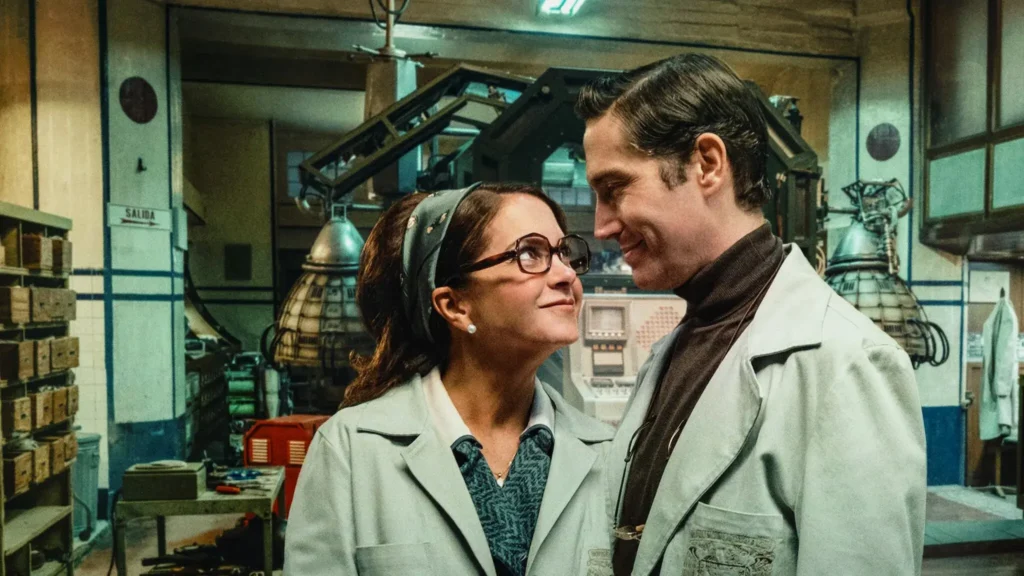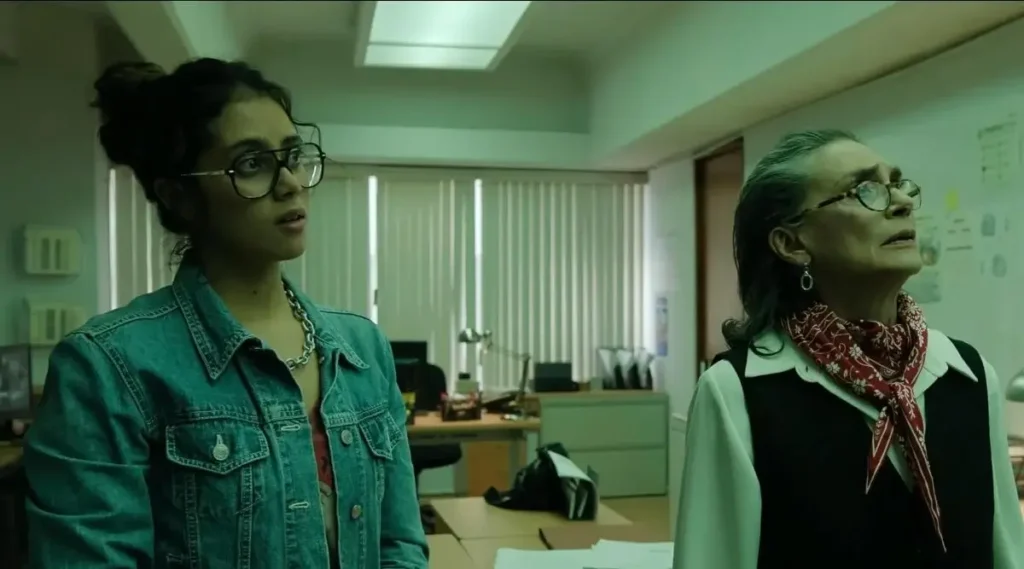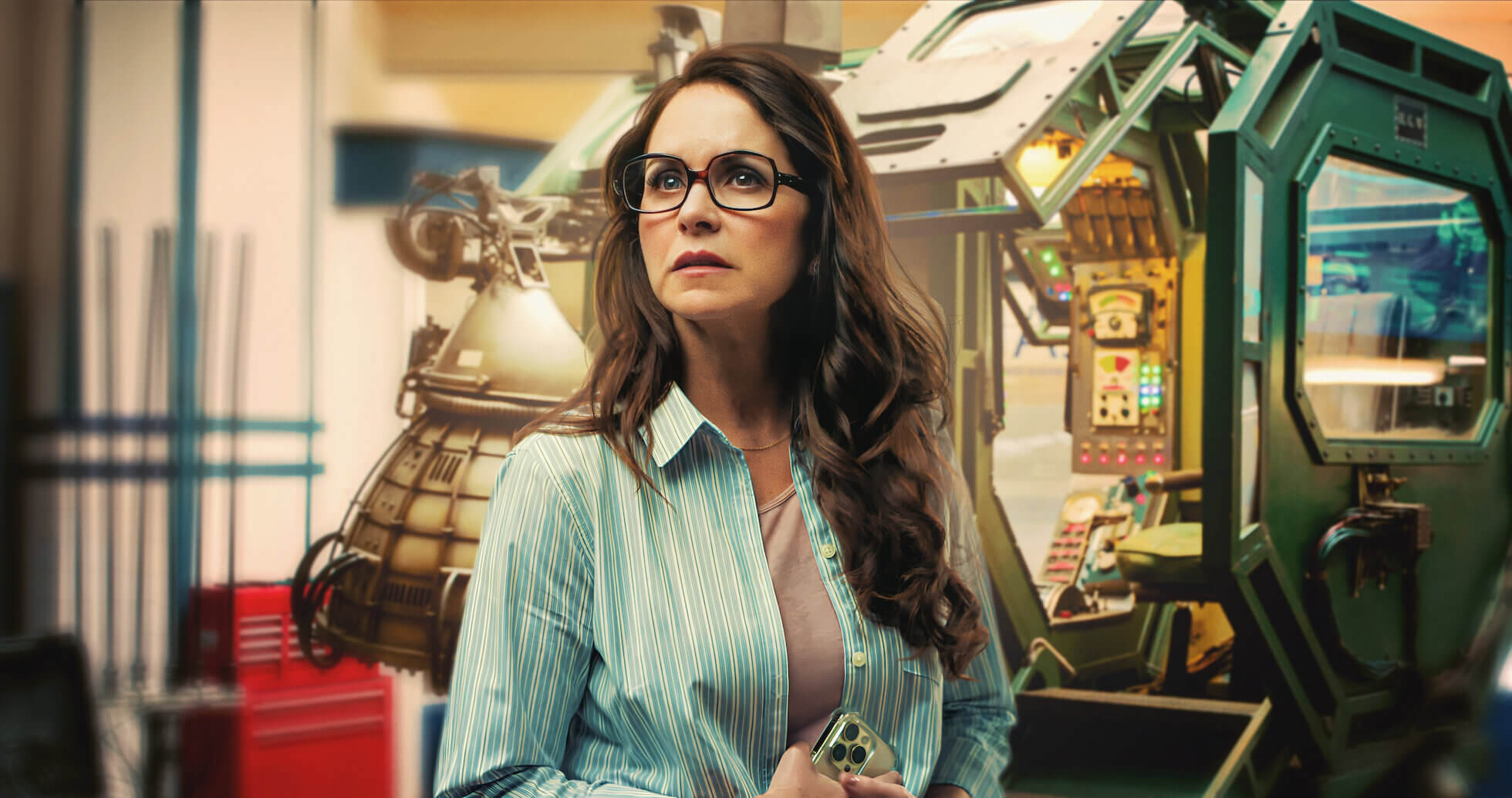by D. Movieman
“Time travel….is a cornucopia of disturbing concepts.”
– Ron Stoppable, Kim Possible: A Sitch in Time
When Ron states this in the 2003 animated film, it’s a line that is swept past with little
acknowledgement. However, the sentiment behind it speaks volumes about the perilous
and paradoxical nature of time travel. Time doesn’t simply change people, their society,
or even their world, but it scrambles ALL sense of meaning and purpose. He says this
upon realizing that he and Kim have been rescued by Kim’s “younger” twin brothers,
who are now mature, muscular, combat-trained soldiers. In Arrival, the concept of time
itself is non-linear, and choices in the present are dependent on foreknowledge of the
future itself. In The Butterfly Effect, it unravels the very threads of identity, shaping and
reshaping them to devastating effect.
Even as a humorous throwaway joke, Ron’s statement reinforces the present dangers
and ungraspable complexity of time travel. Our Times, however, has no such distinction,
nor does it attempt to make one. What it does instead is….baffling, to put it plainly. This
is not to say that Our Times isn’t well-intentioned. Directed by Chava Cartas, the film
follows the lives of married physicists Nora and Héctor (Lucero & Benny Ibarra) in 1966
Mexico, amid their unsuccessful attempts to create a time machine. After brief moments
of trial, error, and failures to launch, they finally succeed in giving the contraption the
push it needs to leap forward into the future. However, what begins as a test run of 15
minutes unexpectedly lapses into a 59-year detour. Now faced with a malfunctioning
time machine and a society that has progressed in unimaginable ways, Nora and Hector
must find a way to return to the past—or risk being permanently trapped in 2025.

With the abundance of time travel stories in the mainstream, a film that adds a Mexican
rom-com twist holds both timely and culturally resonant potential. What carries Our
Times initially is its dynamic between Nora and Hector. They are charming, quirky,
likeable, and most importantly, a loving and supportive duo. As with similar films, the
fish-out-of-water dynamic that occurs with time travelers making sense of a completely
modern world is always entertaining to watch.
A young girl with Airpods playing music is perceived as having a hearing condition,
hence “the devices in her ears.” A variety of passengers in the train station walking with
their eyes on their smartphones are apparently being “hypnotized by some machine.”
Not to mention the significant progress made in society’s understanding and regulation
of women. And therein lies our central conflict. Or should I say, our ONLY conflict.
It’s a shame, as the potential for more looms early on. Two of the film’s most poignant
scenes involve Nora’s now middle-aged niece Rebequita (Ana Ortizharo) in the future.
The first involves Nora meeting Rebequita for the first time, having only been told of her
sister Rebecca’s pregnancy a day prior.
It is also here that Nora discovers that an unexpected tragedy has occurred in her
family—an unforeseen consequence of her and Hector’s leap through time.
In the second, Nora attempts to consider and contemplate what she can do to reverse
this tragedy, only for Rebequita to explain to her why doing so would be futile. Together,
these scenes point towards an emotional foundation of the film that is never built upon.
Instead, the writers choose to disrupt the film’s charm and quirkiness by creating a
massively ham-handed gender divide between Nora and Hector. In better hands, there
could be clever commentary made on how the role of women in society, and specifically
Mexican society, has changed since the 1960’s. Doing so could narratively create a
compelling dichotomy between Nora and Hector’s marital expectations and the evolving
roles of men and women in modern Mexican society. In other words, the exploration of
how a traditional dynamic can be re-examined and reframed in light of new knowledge,
a new time, and a new culture.

Sadly, the film is unwilling to explore any of these nuances. Instead, it eventually flips
Hector into a mustache-twirling, woman-hating villain who goes so far as to openly
correct and embarrass Nora at an international women’s event. Not to mention his
sudden affiliation with an anti-feminist men’s group where greater offenses occur. This
narrative dissonance is not only jarring, but it undermines the previously established
characterization of both Nora and Hector. The conflict between them is oddly
manufactured to drive the plot toward a thematic point, rather than allowing it to develop
from their established history and dynamics.
From there, the film blunders onward, finally arriving at an ending that is flat, inane, and
nonsensical, completely lacking character development or any rationale for how the
characters or their story arrived at that conclusion. Ultimately, the enduring popularity of
time travel stories lies in how they challenge our understanding of cause, effect, and
evolution. Our Times, however, chooses to challenge its audience’s sanity instead.
Rating: 5/10
(Our Times is currently streaming on Netflix.)




